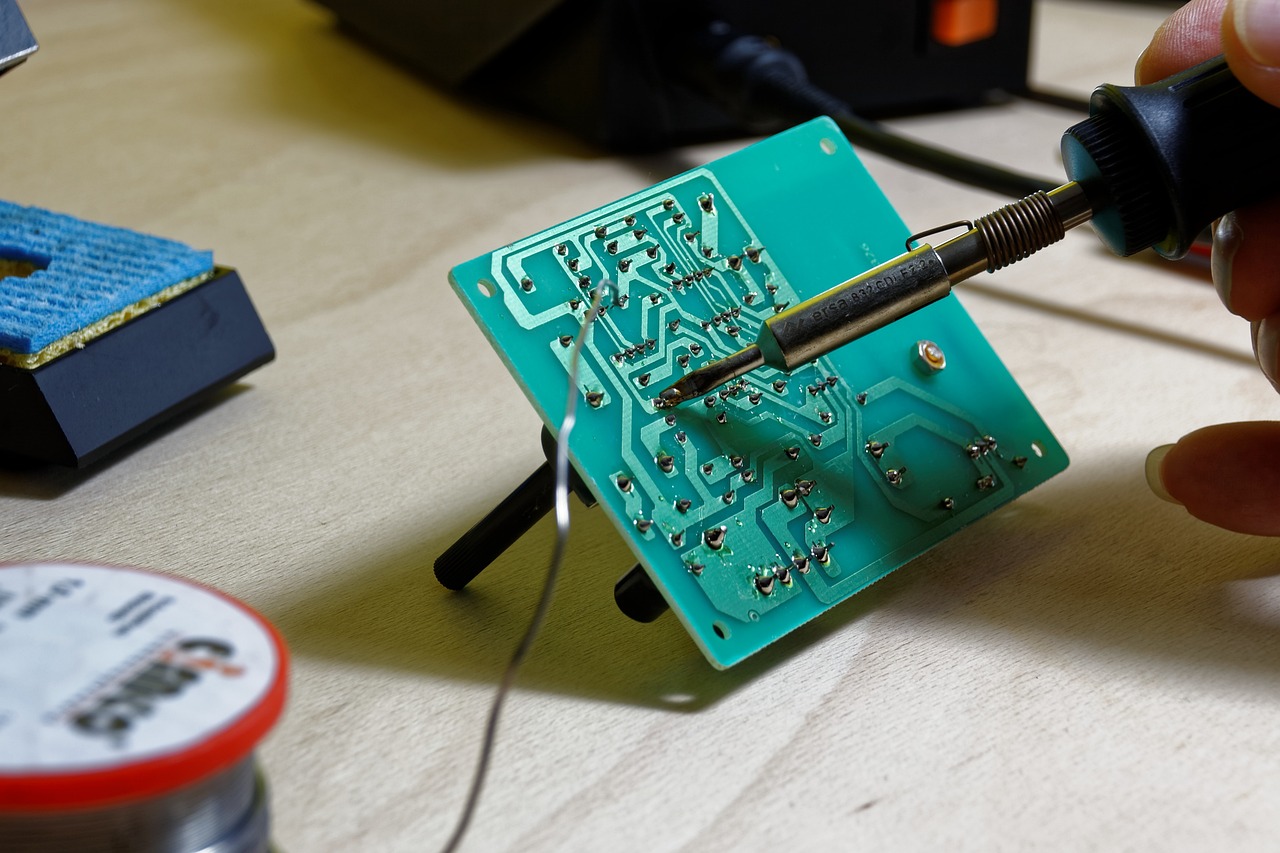Quantum Sensing: Applications in Navigation, Imaging, and More
Quantum sensing technology is an innovative field that utilizes the principles of quantum mechanics to achieve highly precise measurements. By harnessing the unique properties of quantum systems such as superposition and entanglement, quantum sensors can surpass the limitations of classical sensing technologies. These sensors can detect minute changes in a physical system with unprecedented sensitivity, making them invaluable for a wide range of applications.
One of the key advantages of quantum sensing technology is its ability to enhance the accuracy and reliability of measurements in various fields, including metrology, geophysics, and biomedical imaging. Quantum sensors can detect tiny magnetic fields, electric fields, and forces, enabling researchers to explore new frontiers in fundamental science and technology. As the field continues to evolve, quantum sensing promises to revolutionize multiple industries by providing cutting-edge tools for precision measurement and sensing.
Understanding Quantum Mechanics and Sensing Principles
Quantum mechanics is a branch of physics that studies the behavior of matter and energy at the smallest scales. The principles of quantum mechanics describe how particles such as electrons and photons can exhibit wave-like properties and exist in multiple states simultaneously until they are observed or measured. This concept, known as superposition, is fundamental to quantum sensing technology as it allows for the detection of tiny fluctuations in physical quantities with unprecedented precision.
Quantum sensing principles rely on the concept of entanglement, where two or more quantum particles become interconnected and share properties regardless of the distance separating them. This phenomenon enables quantum sensors to detect changes in environments with exquisite sensitivity, making them ideal for applications such as navigation systems, magnetic field measurements, and even medical diagnostics. By harnessing the unique characteristics of quantum mechanics, researchers continue to develop innovative sensing technologies that push the boundaries of what is possible in the realm of measurement and detection.
Applications of Quantum Sensing in Navigation Systems
Quantum sensing technology has revolutionized the field of navigation systems, offering unprecedented accuracy and precision in tracking and positioning. By harnessing the principles of quantum mechanics, these sensors are capable of detecting even the slightest changes in magnetic fields, gravity, and other environmental factors that affect navigation. This enhanced sensitivity allows for more reliable and efficient navigation solutions, especially in challenging environments where traditional systems may struggle to perform effectively.
One of the key applications of quantum sensing in navigation systems is in autonomous vehicles and drones. These technologies rely heavily on precise positioning data to navigate safely and accurately, making quantum sensors invaluable for enhancing their performance. By integrating quantum sensing technology into these vehicles, navigation systems can better adapt to dynamic surroundings and make real-time adjustments to ensure optimal route planning and obstacle avoidance.





